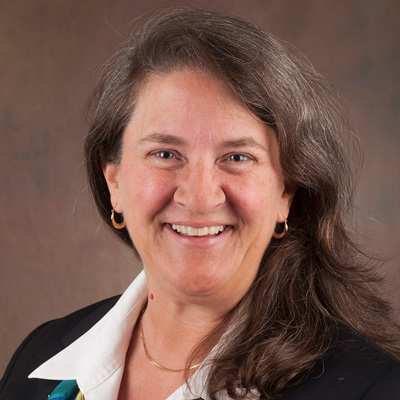Betsy Baker
- Professor
Elizabeth (Betsy) A. Baker’s research examines the nature of literacy in our digital world. By examining literacy as a culturally negotiated activity, she considers how literacy has changed with the proliferation of digital communication. In addition, she explores ways to harness to the affordances of technology to extend learning for K-12 children as well as university students. Recently, she explored how speech recognition technologies (e.g., Siri, Alexa, Dragon) can support students who struggle to read and write and seeks to develop an app that allows users to “talk to read.” This app will support struggling readers of all ages and around the world.
She received her doctorate from Vanderbilt University with an emphasis in Literacy Education. She joined the faculty at the University of Missouri in 1996 and is pleased to serve as professor of Literacy Studies in the Department of Learning, Teaching, and Curriculum. At Mizzou, Dr. Baker teaches undergraduate courses in reading and language arts as well as graduate courses in the integration of literacy and technology, theoretical foundations of literacy practice and research, and qualitative research methods. She is the recipient of the UM System’s Thomas Jefferson Award and was named an MU Kemper Fellow.
Dr. Baker is the creator, executive producer, and co-host of the popular podcast, Voice of Literacy, co-editor of Literacy Research: Theory, Method, & Practice, 2015-2020,and has published her work in such venues as Reading Research Quarterly, Journal of Literacy Research, NRC Yearbook, Journal of Reading Education, Reading and Writing Quarterly, Handbook of Research on the Societal Impact of Digital Media, Journal of Technology and Teacher Education, Teacher Education Quarterly, and the Journal of Educational Multimedia and Hypermedia.
Areas of Expertise
- Integration of literacy and technology, new literacies, future literacies, 21st century literacies
- Multimedia case-based instruction in teacher education
- Sociocognition in teacher education, literacy, and new literacies
